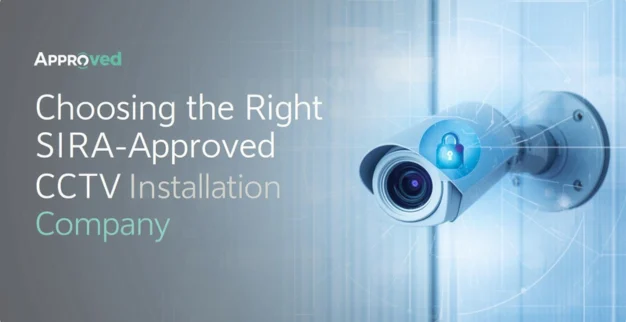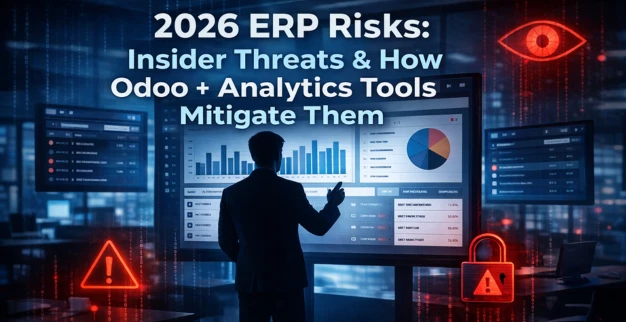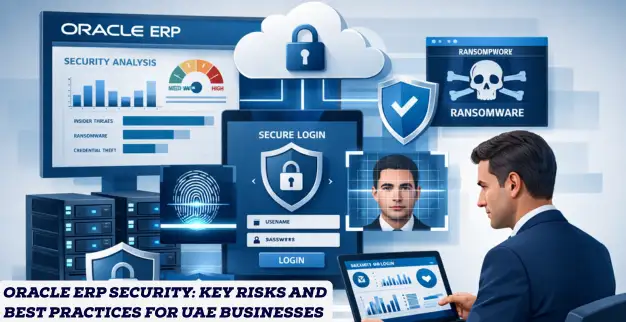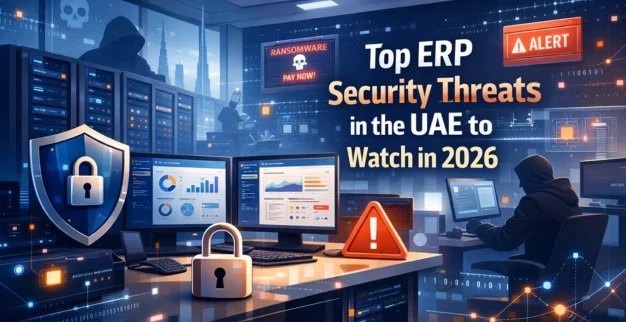Choosing the Right SIRA-Approved CCTV Installation Company
By: Ganesan D
30 Sep 2025
Category: CCTV security
Every business or property owner wants reliable surveillance systems to protect people, assets, and data. But in jurisdictions where CCTV installs must comply with regulatory authorities (for example, SIRA — Security Industry Regulatory Authority), it’s especially important to pick an installer that is not just competent technically, but also properly authorized. Below is a step-by-step guide to help you choose the right SIRA-approved CCTV installation company.
1. Understand What “SIRA Approved” Means
Why It Matters: SIRA approval indicates that the company meets regulatory standards in terms of technical competence, training, licensing, and compliance with security / data rules. An unapproved firm might cut corners, leading to later compliance issues, fines, or system failures.
Check These:
- Ask for their SIRA license or certificate number and verify it via the official SIRA registry.
- Ensure the license is active (i.e., not expired or suspended).
- Inquire whether the license specifically covers CCTV / surveillance systems, or is only for general security guard services.
2. Evaluate Technical Expertise & Portfolio
Why It Matters: A CCTV project is more than cameras — it involves design, cabling, power supply, recording hardware, networking, integration, and maintenance.
- A portfolio of past projects, especially those similar to yours (office, retail, warehouse, residential complex, etc.).
- References or testimonials from clients — preferably ones where SIRA approval was required.
- Case studies showing how they handled complex issues (e.g. long-distance runs, challenging lighting, network connectivity, redundancy, data retention).
3. System Design & Scalability
Why It Matters: Your surveillance needs may evolve — more cameras, higher resolution, integration with alarms, etc. A good installer will plan for growth.
- Will they perform a site survey to map out camera placement, field-of-view, infrastructure needs?
- Do their designs include redundancy, backup power (UPS), and failover paths?
- Are they skilled in both analog + IP / hybrid systems?
- Can they future-proof for higher resolution or integration with access control or analytics?
4. Hardware & Technology Selection
Why It Matters: The choice of cameras, recorders, storage, and supporting hardware affects image quality, reliability, maintenance, and costs.
- Use reliable, recognized brands (with local support) rather than low-cost unbranded devices.
- Ensure the system supports higher resolutions, compression algorithms, night / IR capability, vandal proofing, and PoE if relevant.
- The recorder should allow sufficient storage, long retention periods, and multiple recording modes.
- Confirm compatibility with remote viewing (mobile app, web browser) and secure access.
5. Compliance, Data Privacy & Cybersecurity
Why It Matters: CCTV systems capture sensitive information. You want to ensure compliance with legal privacy rules and protect against data tampering or hacking.
- Does the installer enforce authentication, encryption, and role-based access controls?
- Are video streams and stored footage encrypted?
- Is there a data retention policy with automatic purging and backups?
- Do they follow local privacy / surveillance laws?
- Will they maintain logs of access, updates, and audits?
6. Warranty, Support, and Maintenance
Why It Matters: Even a well-installed system will need servicing, updates, and parts replacement.
- The warranty period on cameras, recorders, wiring, and workmanship.
- Service Level Agreements (SLAs) — response time, escalation procedures.
- Availability of spare parts, firmware upgrades, and on-site support.
- Preventive maintenance contracts and periodic system checks.
7. Transparent Quoting & Contracts
Why It Matters: You want clarity on costs, deliverables, and responsibilities.
- A detailed scope with number of cameras, models, cables, power, recorder, etc.
- Clear breakdown of costs (hardware, labor, civil works, licensing).
- Milestones and payment schedule.
- Responsibilities and liabilities for permits, damages, ownership of cabling.
- After-sales terms: warranty, support, maintenance, renewals.
8. Verify Insurance, Safety & Credentials
Why It Matters: Installation involves physical work and risks.
- Does the installer carry liability insurance and workmen’s compensation?
- Are technicians trained in health & safety practices?
- Do they carry proper credentials, registration, and comply with safety rules?
9. Testing, Acceptance & Commissioning
Why It Matters: You need to ensure the system works before final acceptance.
- Pre-commission tests for camera field-of-view, focus, IR range.
- Verify network connectivity and remote access.
- Simulate failover / power loss to test UPS systems.
- Generate test footage, check playback, alerts, access controls.
- Provide handover documents, as-built diagrams, user manuals, training, and credentials.
10. Post-Installation Review & Feedback
Why It Matters: Continuous learning and accountability improve performance.
- Monitor system usage and performance over first 1–3 months.
- Gather feedback from security staff and users.
- Hold a review with the installer for improvements and follow-up support.
- Keep records of maintenance, updates, incident logs, and audits.
Conclusion
Choosing a SIRA-approved CCTV installation company isn’t just about picking a vendor — it’s about selecting a partner you can trust with sensitive surveillance infrastructure. By focusing on regulatory compliance, technical expertise, design foresight, cybersecurity, support, and contractual clarity, you ensure that your system remains reliable, secure, and future-proof.



